Dubai, recognized for its skyscrapers, luxury, and tax-free income, remains a global destination for expatriates, professionals, and entrepreneurs. What are the real costs of living in this city in 2026?
As Dubai attracts more residents, the cost of living changes, creating new factors for prospective movers to consider. Housing, healthcare, education, and groceries all influence your financial planning in the emirate.
This guide examines the cost of living in Dubai in 2026, compares it to other major cities, and offers a detailed expense breakdown. It also includes budgeting tips, salary information, and planning advice for a comfortable life in Dubai.
Dubai’s Rising Living Costs in 2026
In 2026, average monthly living costs in Dubai range from AED 4,000 to AED 12,000 for individuals and AED 8,000 to over AED 20,000 for families. These costs vary based on lifestyle, location, and family size.
A growing population, robust economic activity, and Dubai’s status as a global hub have led to higher living costs. The main contributing factors are:
- Increased rental demand due to an influx of professionals and families.
- Higher costs for imported goods resulting from global supply chain changes and inflation.
- Rising fuel and utility prices are in line with global energy market trends.
- Post-pandemic economic recovery, with stabilization leading to price adjustments across sectors.
For expatriates, this means careful financial planning. The table below highlights the notable increase in core expense categories since 2024:
| Expense Category | 2024 (AED/month) | 2026 (AED/month) | % Increase |
|---|---|---|---|
| Rent (1 BHK Apartment) | 5,000 | 6,500 | 30% |
| Utilities (DEWA, etc.) | 600 | 800 | 33% |
| Groceries | 2,000 | 2,500 | 25% |
| Transportation | 800 | 1,000 | 25% |
| Education (Intl. School) | 3,500 | 4,500 | 29% |
Everyday Expenses in Dubai: A Category-Wise Overview (2026)
Here’s a detailed breakdown of the essential costs you can expect while living in Dubai in 2026. From housing to leisure, each category plays a crucial role in shaping your monthly budget.
1. Housing & Rentals
Housing is typically the largest monthly expense. Prices vary dramatically based on location, property type, and amenities.
| Area | 1 BHK Rent (Monthly) | 2 BHK Rent (Monthly) |
|---|---|---|
| Dubai Marina | AED 7,000 | AED 10,500 |
| Downtown Dubai | AED 8,500 | AED 12,000 |
| Jumeirah Village | AED 6,000 | AED 9,000 |
| Deira | AED 5,000 | AED 7,500 |
2. Utilities and Household Bills
This includes essential services for your home.
| Utility Type | Monthly Cost (AED) |
|---|---|
| DEWA (Electricity & Water) | 600–900 |
| Air Conditioning (Chiller) | 300–500 |
| Internet + TV Bundle | 300–450 |
| Mobile Plans (Postpaid) | 150–250 |
3. Food & Grocery Costs
Costs can vary depending on whether you cook at home or dine out frequently.
| Item | Average Cost (AED) |
|---|---|
| Monthly Groceries (1 person) | 2,500 |
| Meal at an Inexpensive Restaurant | 40 |
| Meal for Two at a Mid-Range Restaurant | 250 |
| Regular Coffee (Café) | 18 |
4. Transportation Costs
Your choice between public and private transport significantly impacts your budget.
| Transport Type | Monthly Cost (AED) |
|---|---|
| Metro + Bus (NOL Card) | 300 |
| Taxi Fare (10 km) | 30–40 |
| Car Lease (Mid-size) | 2,000–2,500 |
| Petrol (per litre) | 3.20 |
5. Education Costs
International schools dominate the education landscape for expatriate families.
| Education Level | Annual Fees (AED*) |
|---|---|
| Nursery/Preschool | 20,000–35,000 |
| Primary School | 25,000–45,000 |
| Secondary School | 40,000–70,000 |
| IB/ Top International Curriculum | 60,000–100,000 |
6. Healthcare & Insurance
Dubai mandates health insurance for all residents.
| Healthcare Service | Cost (AED*) |
|---|---|
| Basic Insurance Plan | 1,500–2,000 / year |
| Premium Plan | 5,000–10,000 / year |
| GP Consultation | 150–400 / visit |
| Specialist Appointment | 400–800 / visit |
7. Domestic Help & Cleaning Services
A common feature in many households.
| Service Type | Monthly Cost (AED) |
|---|---|
| Full-time Live-in Maid | 2,000–3,000 |
| Part-time Cleaning (4x/month) | 400–600 |
Data sourced from Gulf News, Numbeo, and local market surveys.
How Dubai Compares to Other Global Cities
To contextualize Dubai’s affordability, let’s compare average monthly costs with other leading international hubs.
| City | Avg. Monthly Cost for 1 Person* | Rent for 1BHK (Central Area)* |
|---|---|---|
| Dubai | AED 9,000 | AED 6,500 |
| New York | AED 13,500 | AED 9,500 |
| London | AED 12,000 | AED 8,200 |
| Singapore | AED 11,500 | AED 7,800 |
| Hong Kong | AED 14,000 | AED 10,000 |
*Includes rent, groceries, transport, and utilities.
Key Insights:
- Overall Affordability: Dubai’s average monthly cost is 25–35% lower than cities like New York or Hong Kong, offering a high standard of living at a relatively lower expense.
- Rental Advantage: Rent for a central one-bedroom apartment is significantly more affordable, providing substantial savings.
- Cost-to-Lifestyle Ratio: The combination of tax-free income, world-class infrastructure, and luxury amenities gives residents in Dubai greater purchasing power and value for money compared to many other top-tier cities.
Why Dubai Stands Out: Dubai offers a unique balance of cosmopolitan luxury, global connectivity, and strategic affordability, making it ideal for entrepreneurs, digital nomads, and professionals seeking exposure without the extreme costs of other hubs.
Cost of Living in Other Top UAE Cities (2026)
While Dubai is the most popular destination, neighboring emirates offer compelling, more affordable alternatives for residents and commuters.
| City | Avg. Rent (1 BHK) | Avg. Monthly Expenses (1 Person) | Key Lifestyle Note |
|---|---|---|---|
| Dubai | AED 6,500 | AED 9,000 | Global hub with highest cost & most vibrant lifestyle. |
| Abu Dhabi | AED 5,500 | AED 8,000 | Capital city; 15-20% cheaper than Dubai; more tranquil, family-friendly. |
| Sharjah | AED 3,500 | AED 6,500 | 40-50% lower rent; popular for Dubai commuters; conservative & family-oriented. |
| Ajman | AED 3,000 | AED 6,000 | Most affordable emirate (50-60% lower rent); relaxed pace, ideal for tight budgets. |
What’s the Minimum Salary Required to Live in Dubai in 2026?
Your required salary depends entirely on your desired lifestyle and family size.
- Single Person (Modest Lifestyle): AED 9,000 – 12,000/month
- Couple (Comfortable): AED 14,000 – 18,000/month
- Family of Four (Comfortable): AED 20,000 – 25,000+/month
Salary Ranges by Experience Level (2026)
| Experience Level | Avg Monthly Salary (AED) |
|---|---|
| Entry-Level (0–2 yrs) | 6,000–9,000 |
| Mid-Level (3–7 yrs) | 10,000–15,000 |
| Senior-Level (8+ yrs) | 18,000–30,000+ |
Key Factors Influencing Your Cost of Living in Dubai
Your personal budget in Dubai can fluctuate significantly based on these key factors:
- Location of Residence: Prime areas (Downtown, Marina) command premium rents, while suburban communities (Al Qusais, Discovery Gardens) offer more affordability.
- Lifestyle Preferences: High-end dining, luxury shopping, and exclusive leisure activities will escalate costs compared to a modest, budget-conscious lifestyle.
- Choice of Schools: International school fees are a major expense for families. Curriculum choice and school ranking cause fees to vary widely.
- Family Size: More dependents mean higher costs for housing, groceries, education, and healthcare.
- Healthcare Needs: The cost depends on your insurance coverage level and personal medical requirements.
- Commuting Choices: Living close to your workplace can reduce transport costs, while cheaper rent in remote areas may increase commuting time and expense.
- Frequency of Dining Out & Travel: Dubai’s vibrant social and travel scene can quickly become a significant part of your monthly outgoings if not budgeted for.
By carefully evaluating these factors, you can create a realistic and sustainable financial plan for your life in Dubai.
Moving to Dubai? Explore:
- How to Move to Dubai – Relocating Checklist to UAE
- How to Get a UAE Residence Visa in 2026
- Dubai Traffic Fines System
- New UAE Commercial Companies Law
- UAE Visa Rules 2026: Key Changes for Expats and Visitors
- Cost of Starting a Business in Dubai
Plan Your Dubai Life Smartly with Shuraa!
Dubai offers an unmatched lifestyle, but with rising costs in 2026, strategic financial planning is more essential than ever. Evaluate your income, understand key expenses, and choose neighbourhoods and services that align with your financial goals.
Need expert guidance? Whether you’re planning a business setup or a family move to the UAE, our specialists are here to help.
- Call: +971 44081900
- WhatsApp: +971 50 777 5554
- Email: info@shuraa.com
FAQs: Cost of Living in Dubai 2026
1. What is the average income in Dubai in 2026?
The average monthly salary is estimated to be between AED 12,000 and AED 15,000.
2. Can I live in Dubai for AED 5,000 per month?
It is very challenging. This would require shared accommodation, minimal dining out, and strict budgeting on transportation and leisure.
3. How much does healthcare cost in Dubai?
Basic mandatory health insurance starts from AED 1,500 per year. A visit to a General Practitioner typically costs between AED 150 and AED 400.
4. Is Dubai tax-free for employees?
Yes, there is no personal income tax on salaries in Dubai.
5. How much does a family of four need monthly?
A comfortable lifestyle for a family of four typically requires a monthly budget of AED 20,000 to AED 25,000.
6. Are groceries expensive in Dubai?
While imported specialty items can be costly, local produce and essentials are reasonably priced. Smart shopping at local markets can reduce costs.
7. What about internet and mobile charges?
A good home internet plan (250 Mbps) costs AED 300-450/month. A comprehensive mobile postpaid plan ranges from AED 150-250/month.
8. Is education affordable in Dubai?
“Affordable” is relative. While public schools are generally for Emiratis, private school fees range widely from AED 20,000 to over AED 100,000 annually.
9. What are the most in-demand jobs in Dubai in 2026?
Professionals in Technology, Healthcare, Renewable Energy, Finance, and Digital Marketing continue to be in high demand.
10. What are your top budgeting tips for Dubai?
- Consider shared or suburban housing.
- Use public transportation (NOL card).
- Cook at home regularly.
- Compare school fees and consider mid-tier options.
- Take advantage of free community and beach events for entertainment.
Disclaimer: The information provided in this blog is for general guidance purposes only. Costs, salaries, and regulations are subject to change based on market conditions and government policy updates. It is recommended to conduct your own research or consult with a professional for the latest information.










